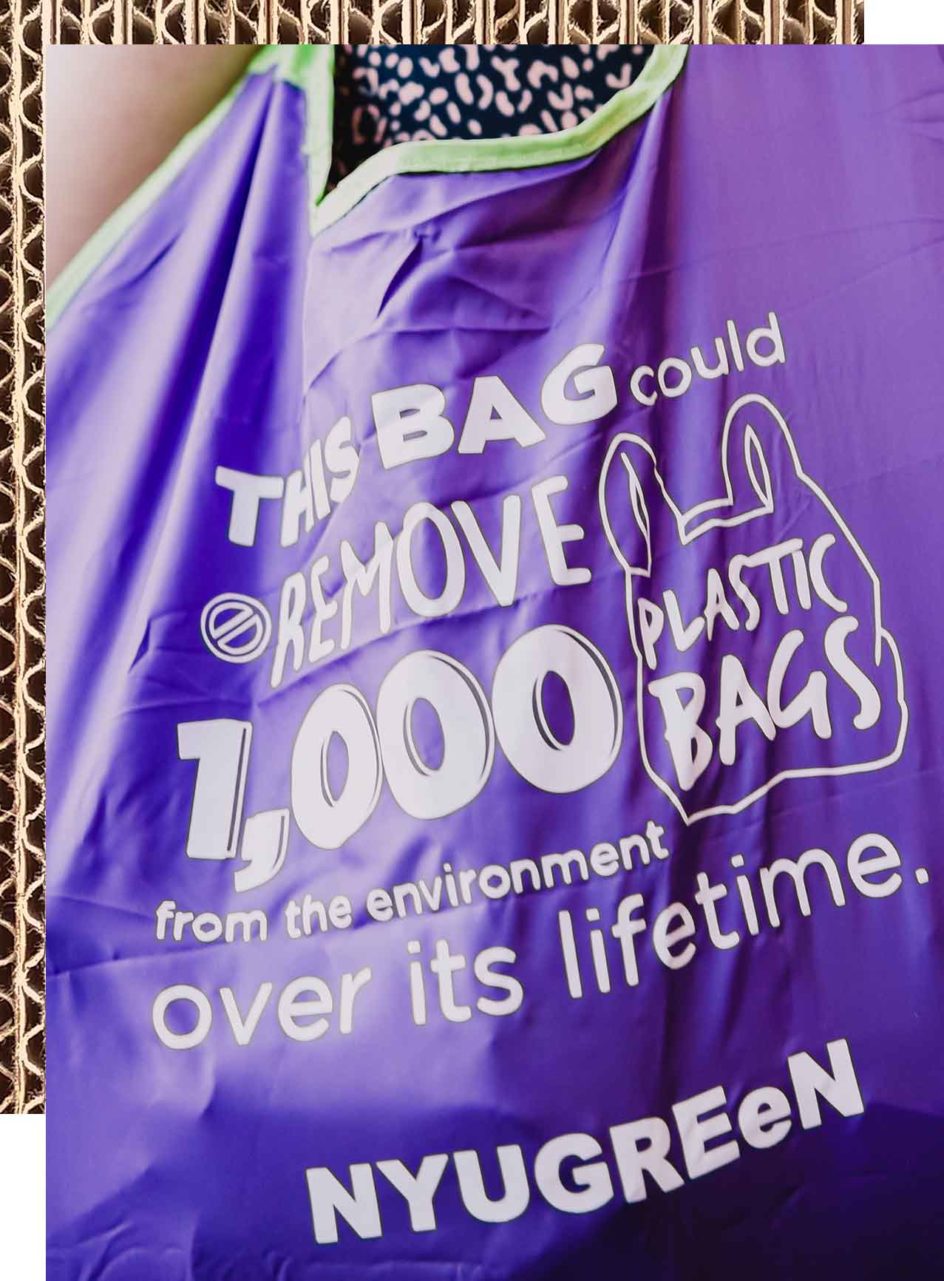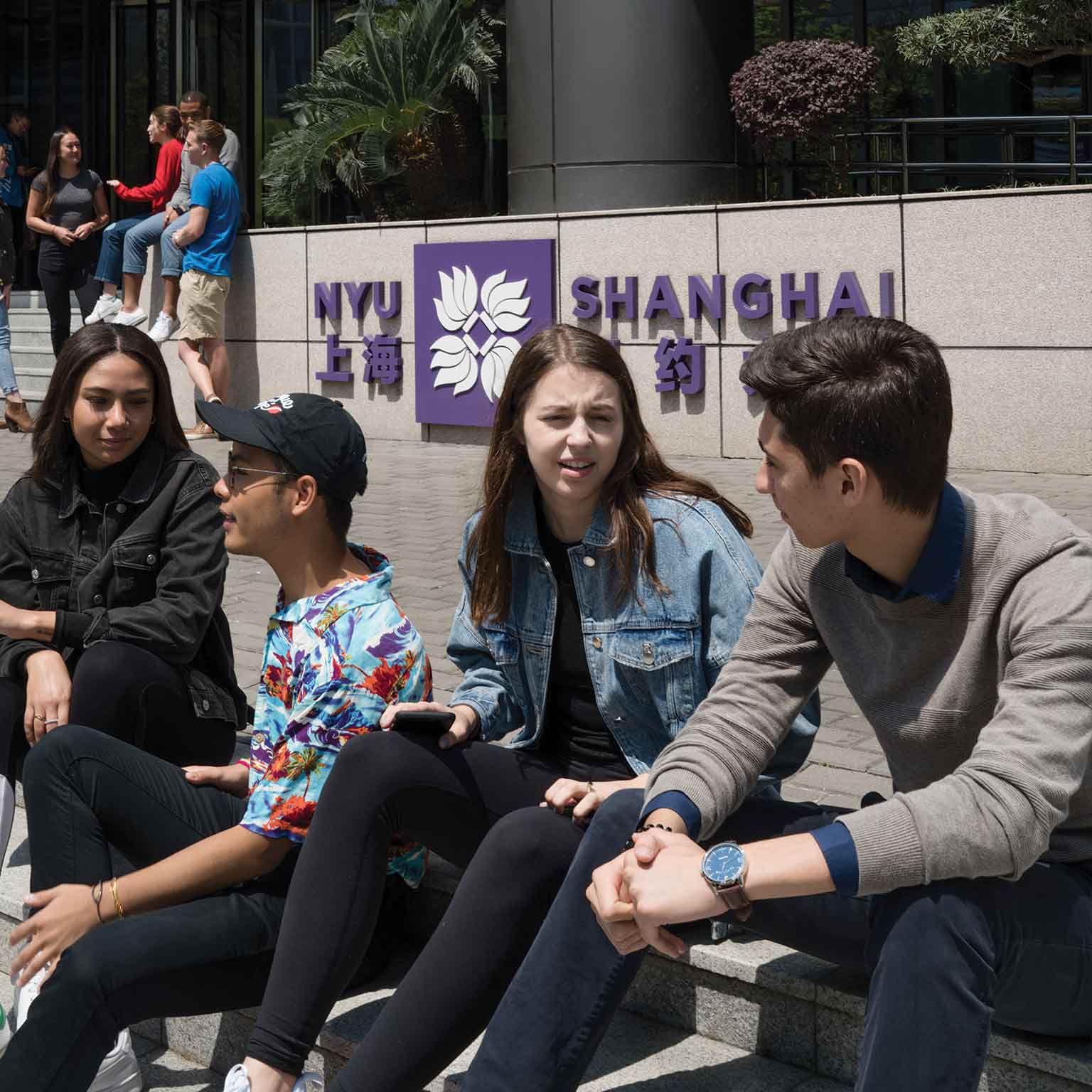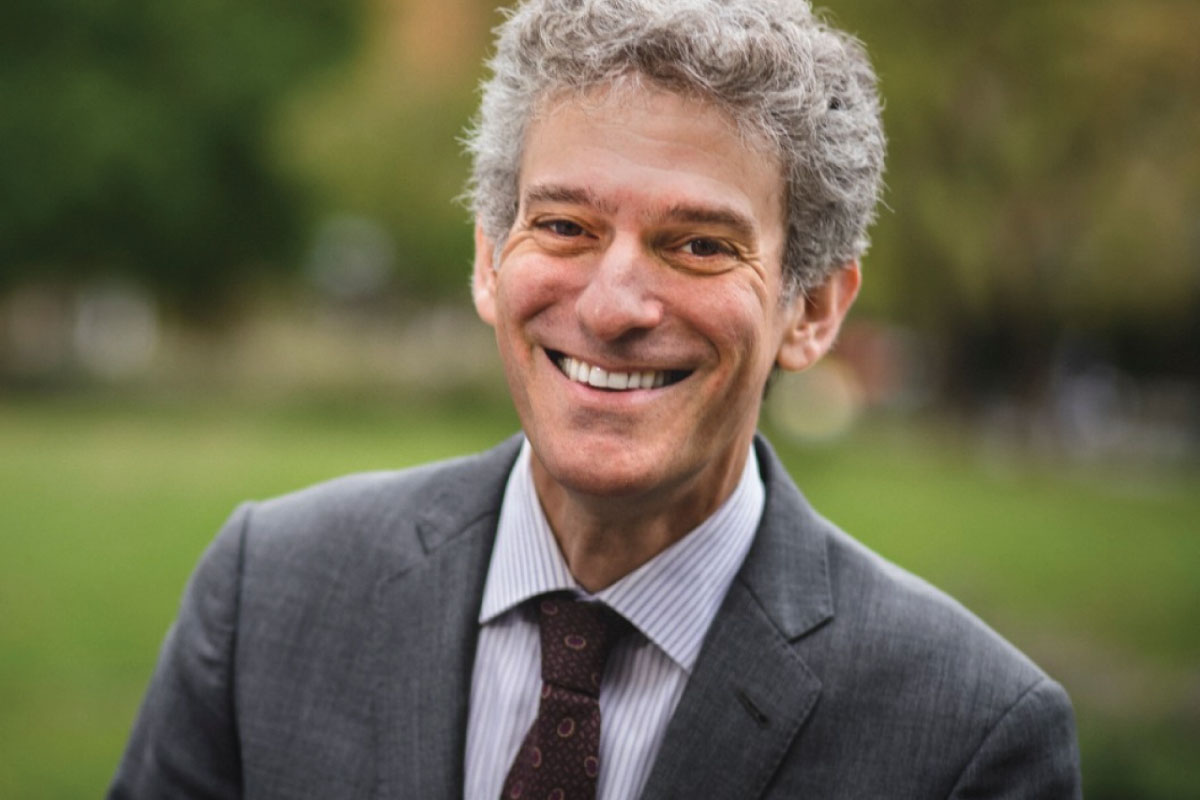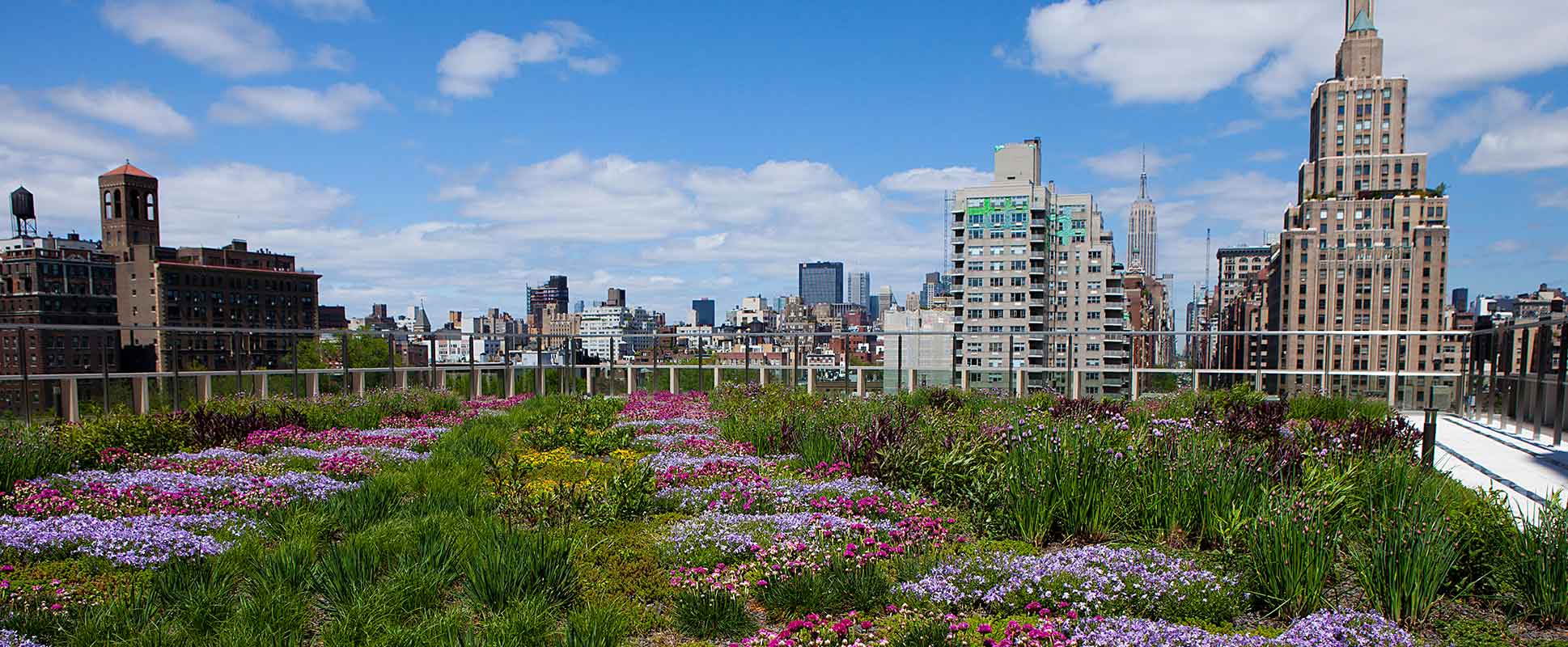
NYU students and faculty are rising to the challenge when it comes to tackling the monumental issues related to climate change and ecological stability. Across NYU’s global network, a new generation of problem solvers work together to tackle these issues through their academic programs, sustainability-minded classes, and student clubs focused on the environment. If you’re ready to make an impact of your own, here’s how you can join the effort.
From Class to Kathmandu: Academic Programs That Focus on the Environment
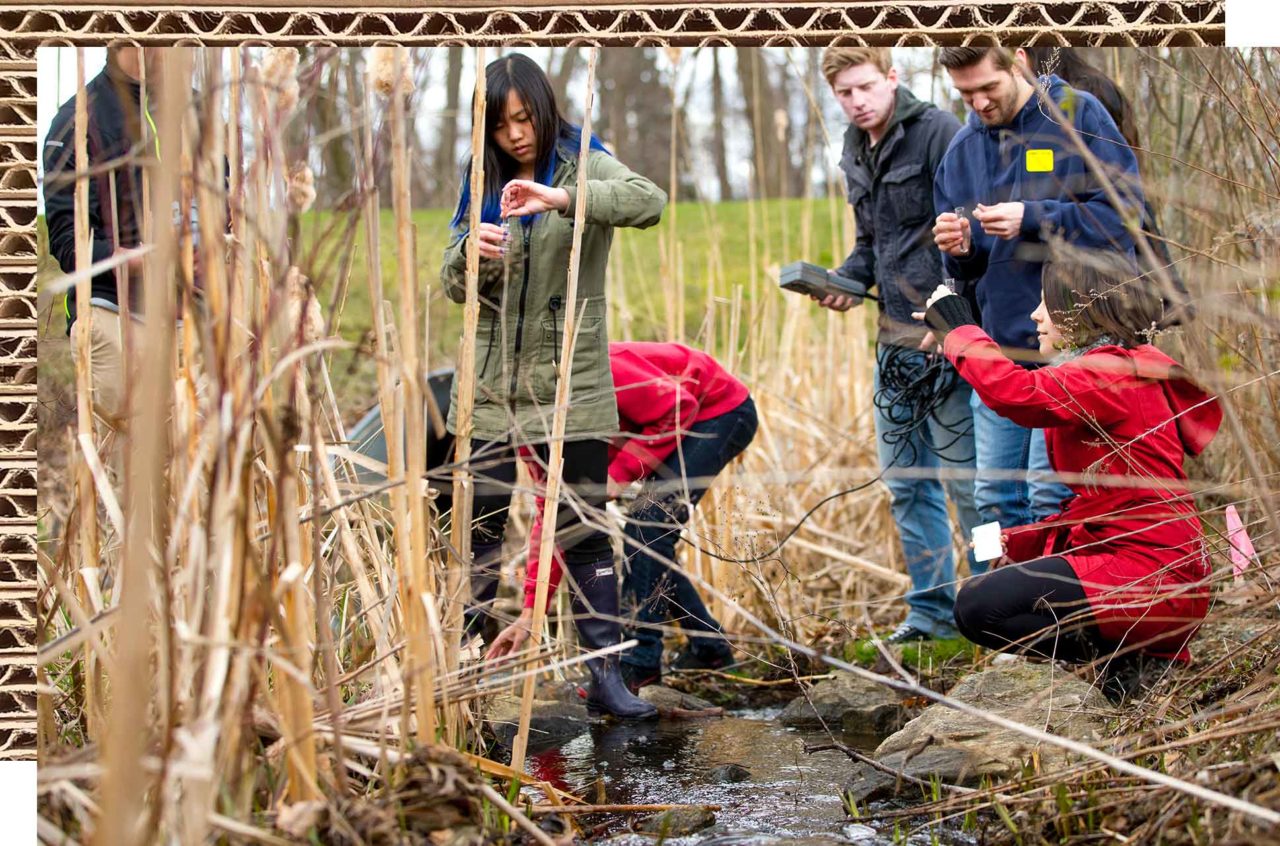
In a field as vast and diverse as Earth’s ecosystem itself, NYU students can choose the academic path that’s right for them, from theory-based research to innovative scientific practices. For example, if you’re interested in a wide, interdisciplinary approach, you should consider the Environmental Studies major at the College of Arts and Science. This major combines science, liberal arts, and technology to teach you about sustainability issues facing cities. Your classes will take you to local sites like New York’s Clarksville Cave to study subterranean biology directly.
For a more hands-on approach, consider a major in Sustainable Urban Environments (SUE) at the Tandon School of Engineering. In this major you can study everything from engineering eco-friendly buildings to ethical economic development. You can also channel your classroom knowledge into collaborative projects across NYU. For example, a group of SUE students designed, pitched, and conducted their own data-collection project with the help of the NYU Office of Sustainability’s Green Grants program. “We traveled to NYU Shanghai with our advisers to measure how ‘walkable’ local neighborhoods are,” said team member Noelle Piontek. “Our study revealed some of the pressing environmental issues facing urban life in China today. Therefore, we were able to offer some recommendations to improve overall sustainability, like developing more bike-sharing programs.”
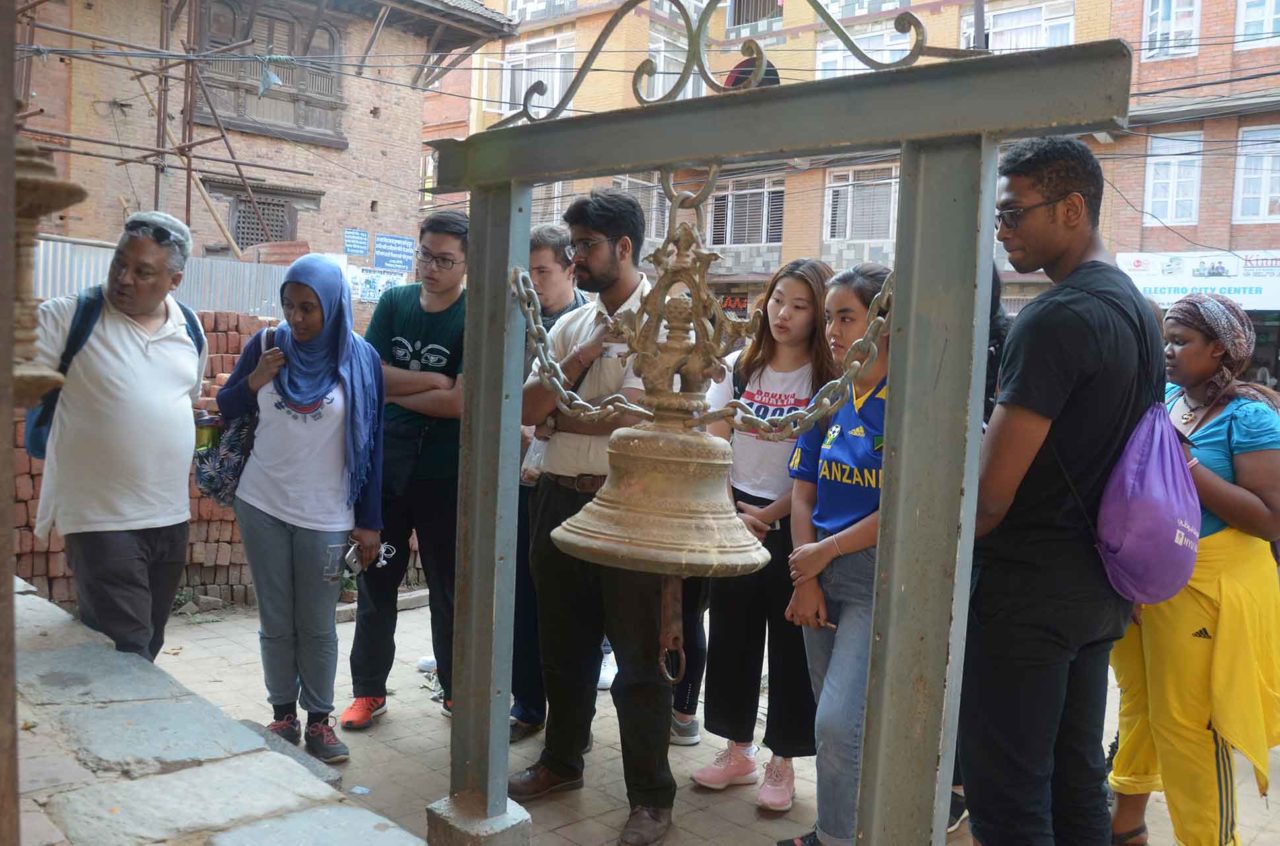
Regardless of the major, you’ll apply your coursework to sites inside and outside of NYU’s global network through course-related study trips and experiential learning. That exposure is particularly important to scholars like Sophia Kalantzakos, global distinguished professor of environmental studies and public policy at NYU Abu Dhabi. Kalantzakos takes her students to some of the most culturally varied countries in the region.
She explains, “I teach a first-year course called Reading the Earth. One year, we traveled to Kathmandu and Chitwan National Park in Nepal. While there, students explored Kathmandu, a city recovering after a devastating earthquake, examined Chitwan’s efforts to increase the population of endangered species like rhinos and tigers, studied conservation methods, and witnessed for themselves a country full of hopeful, resilient, and community-minded citizens.”
Did You Know?
- Earth Matters, a sustainability-focused student club in New York City, is the University’s oldest environmentally focused club.
- NYU Abu Dhabi’s Green House is a think tank where student leaders prepare to change the world through environmentally responsible policies.
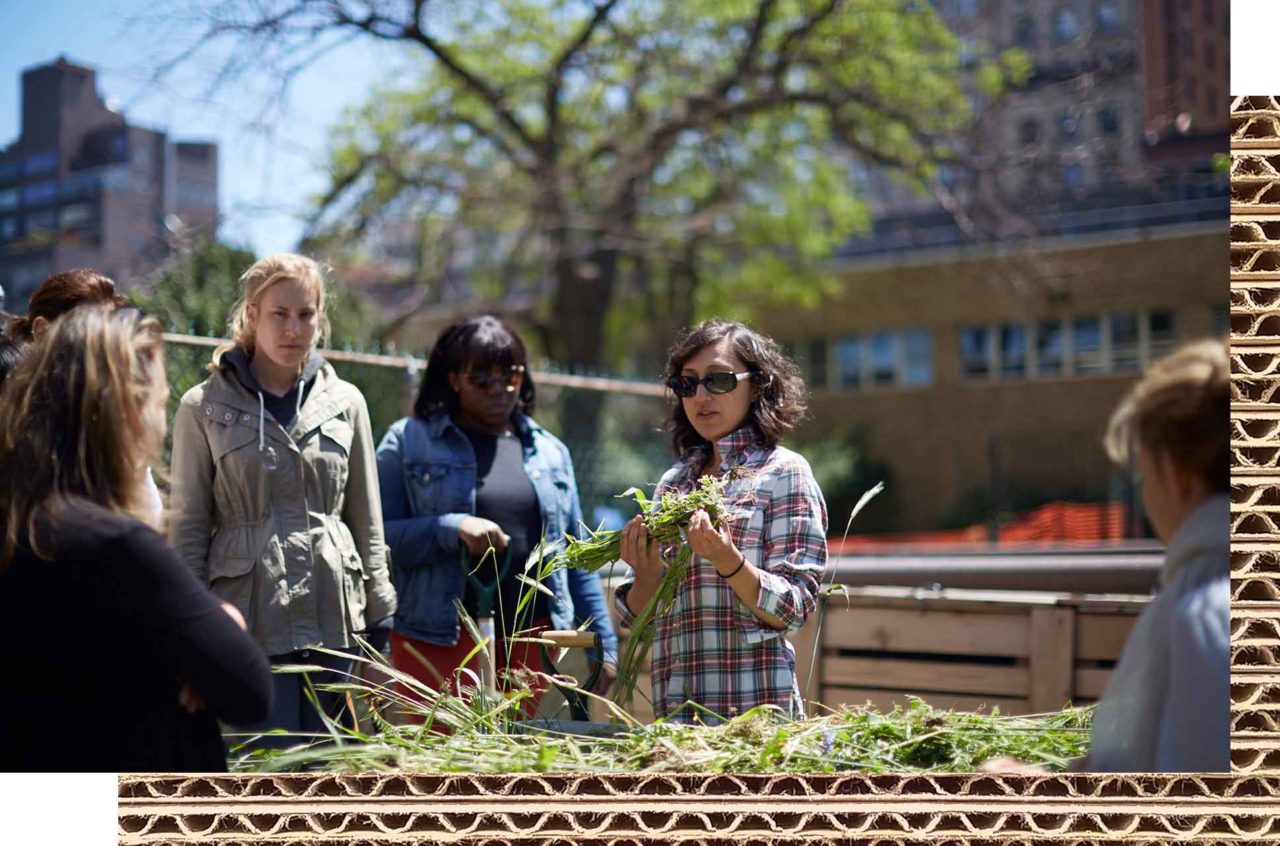
Local Action, Global Impact: Environmentally Focused Student Clubs
When it’s time to turn your studies into grassroots action, the NYU community is ready to help! There are dozens of student-run organizations to help you mobilize local and global actors around issues you care about. Our campus in New York City alone has over 300 clubs and organizations. For example, the Animal Welfare Collective promotes ethical consumption of animal products both on and off campus. Sprout Up empowers public school children through green, student-designed lessons. And if you don’t see your niche represented yet, NYU will help you start a group of your own.

Make an Impact Through Policy
NYU also encourages students to collaborate with faculty and staff on policymaking and university-wide programming. As a peer leader for EcoReps, an advocacy group that cultivates environmental literacy and green behavior, you can work directly with NYU’s residence hall communities. You’ll not only make meaningful connections with like-minded thinkers but also have the chance to plan themed events. One such event is Zero Waste Week, which inspires residents to recycle and conserve.
If you’re interested in working with NYU’s Office of Sustainability directly, you can join their interdisciplinary task force as alumna Edin Thornton did. Edin, an Environmental Studies major who was a member of the Sustainability Advisory Group and a senator-at-large for sustainability on the Student Senators Council, says, “I represented students interested in sustainability, environmental causes, and campus-wide sustainability initiatives. I was thankful that the Office of Sustainability was so supportive of student endeavors and that they actively heard our voices.”
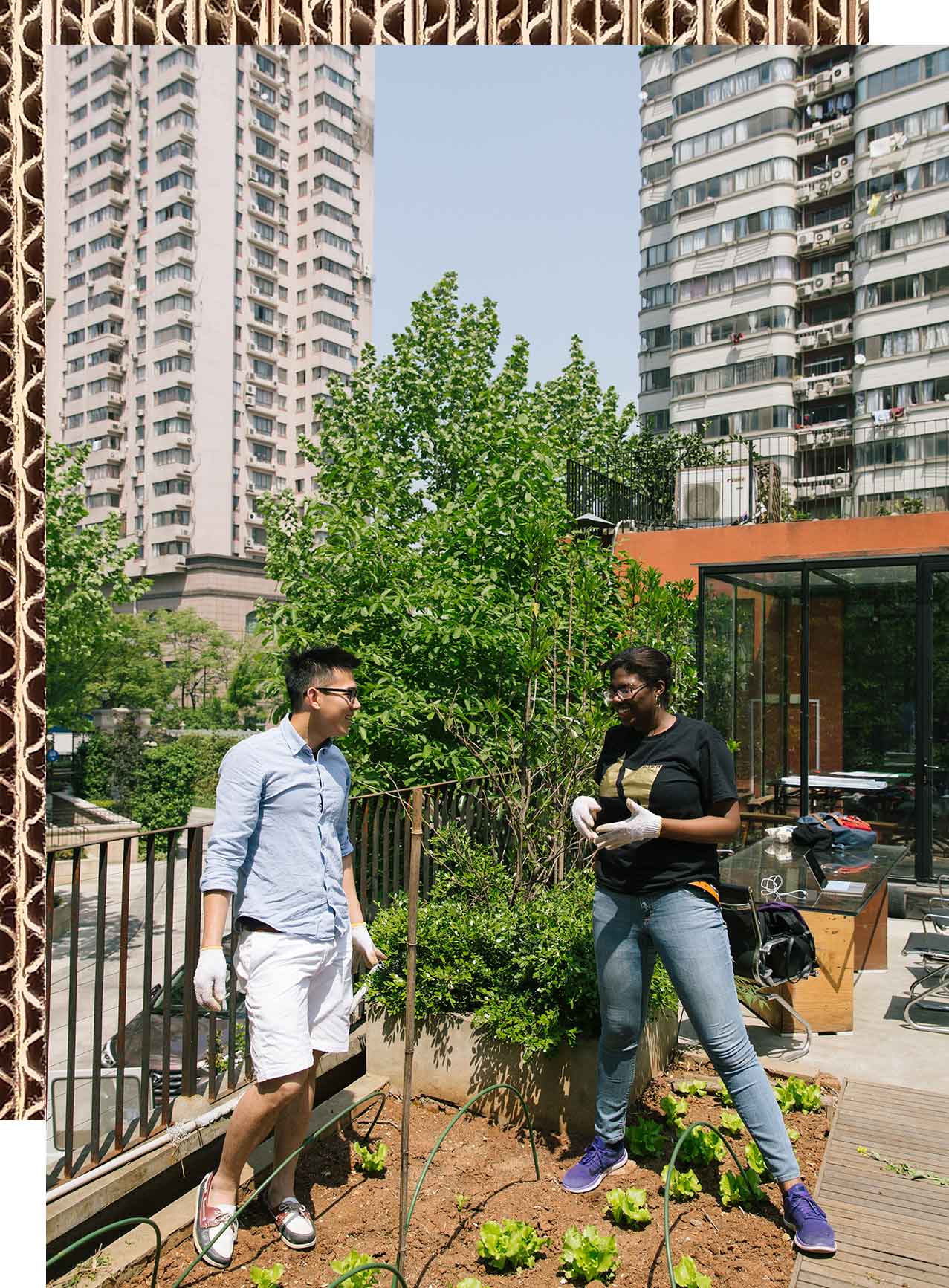
For students who want to play an active role in shaping the policies and urban spaces of a growing city, student clubs at NYU Shanghai give you the support to jump right in. Just ask Nofar Hamrany, former president of Green Shanghai and Schwarzman Scholar. “During my time as president, I was able to establish long-lasting and meaningful initiatives on campus and in China as a whole,” says Nofar. “We hosted local, organic farmers markets, created new rooftop gardens, and sponsored a sustainable development conference that brought together different kinds of environmental actors. The best part, of course, is that everybody is welcome to join the group and help!”
Leading the Field
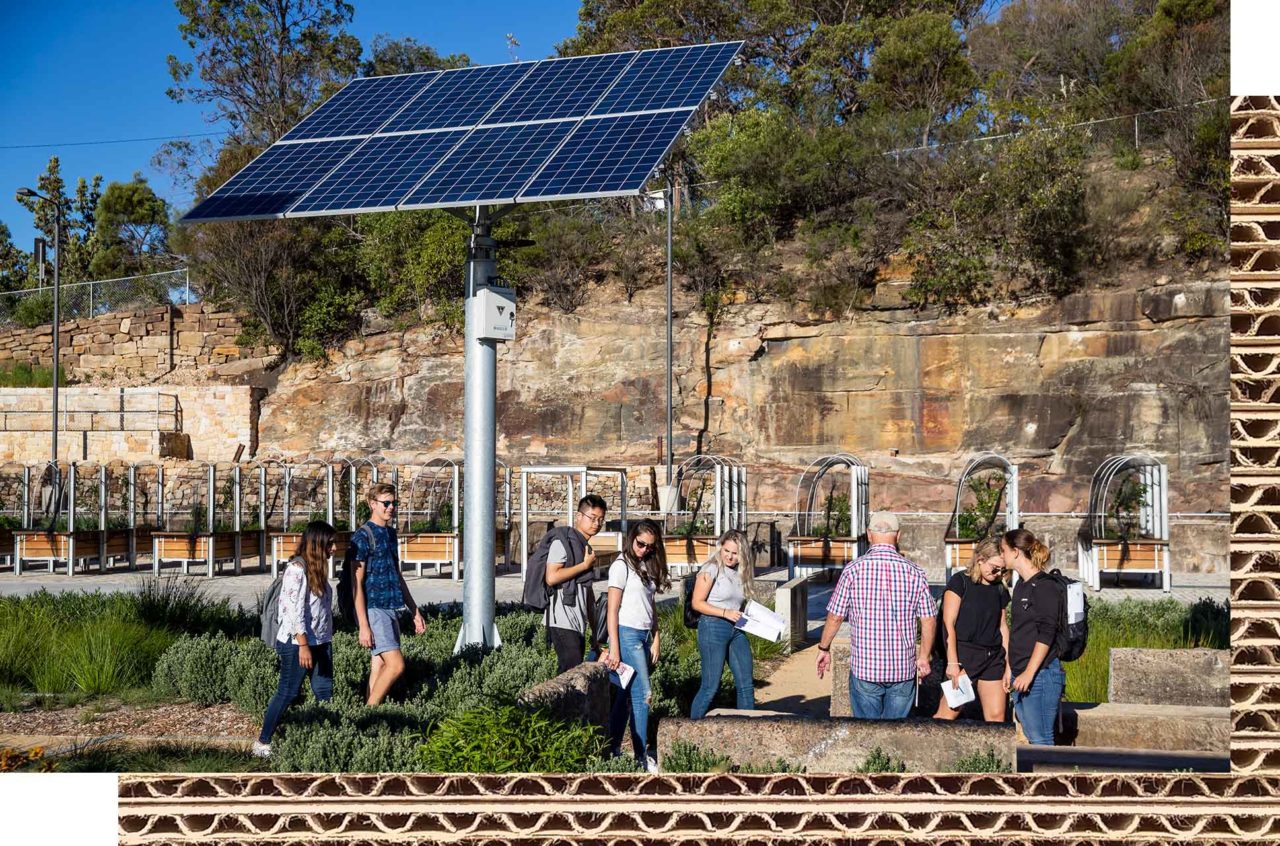
Every day, industry leaders around the world face new sustainability-related challenges, and NYU students are quick to offer their expertise. Here are a few ways studying the environment can lead to fulfilling internships and careers:
- Attend NYU Stern’s annual Impact Week, which brings together sustainability-minded business students and global leaders. Explore career paths, pitch start-up ideas in competitions, and receive advice from executives on how to lead increasingly eco-friendly enterprises.
- Conduct research at NASA. Angelique Gonzalez, who majored in Physics and Electrical Engineering, analyzed climate data to determine better models for predicting rainfall.
- Become part of Engineers Without Borders USA, which designs and builds sustainable engineering projects in Kenya, Rwanda, and other countries across the globe.
- Earn credit for an environmental studies internship at NYU Washington, DC, where you can intern for congressional leaders on the Committee on Energy and Commerce.
- Turn your social research and public policy studies into an internship at Environment Agency—Abu Dhabi, which focuses on enhancing air quality, preserving groundwater, and increasing global biodiversity.
